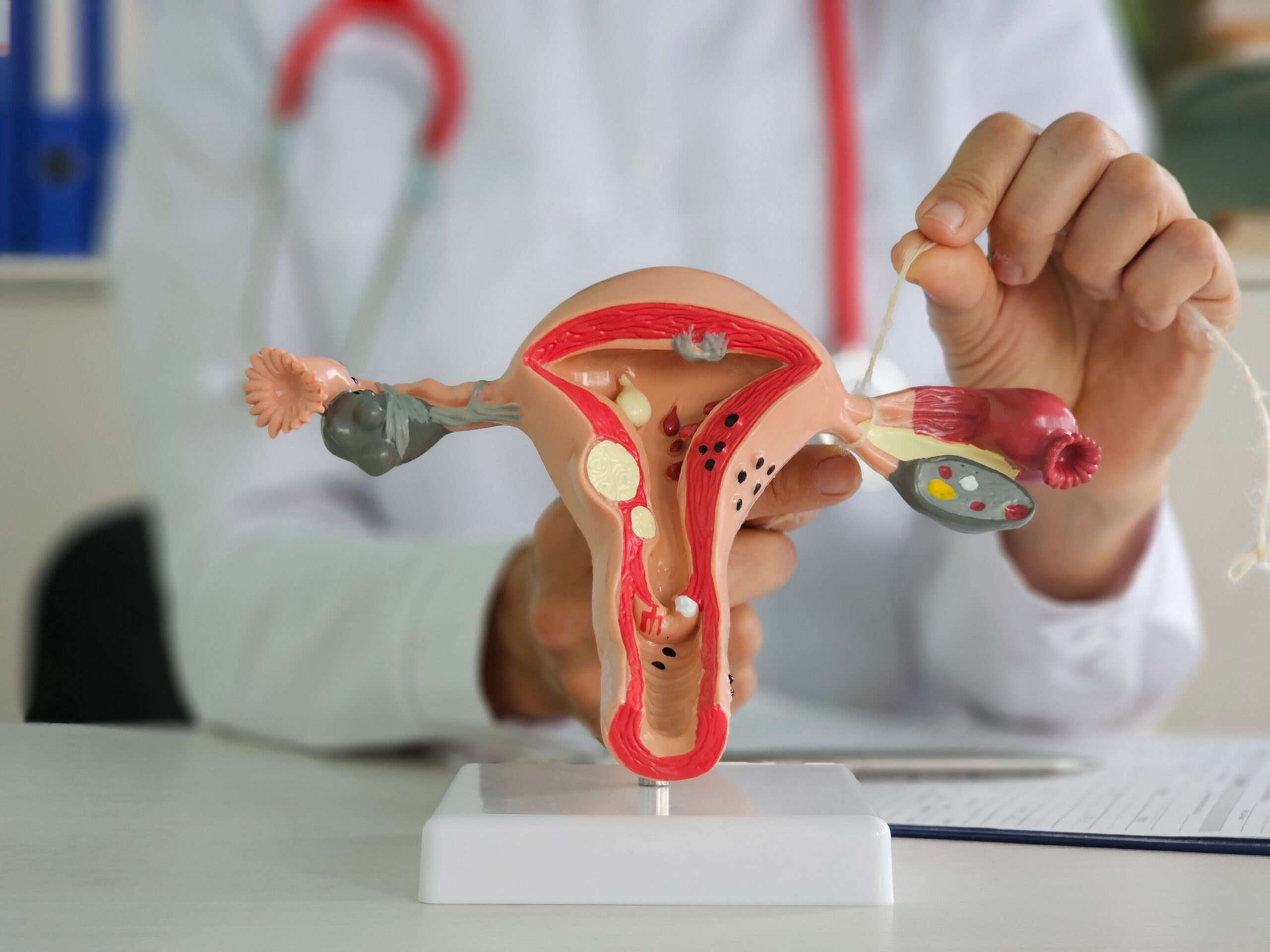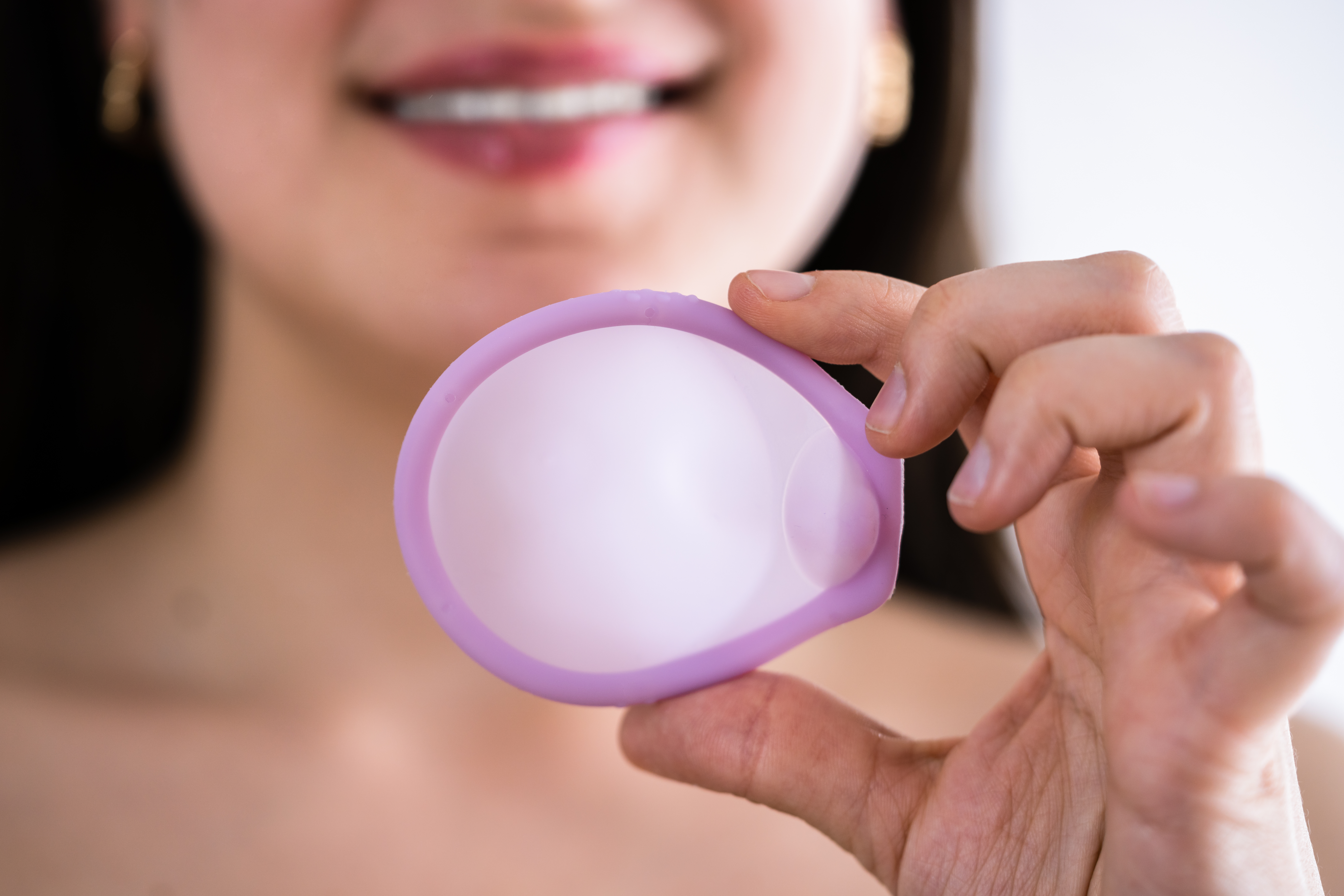Tubal sterilization (tubal ligation) is a surgical method of birth control. It is commonly referred to as “getting your tubes tied.” The surgery prevents a person from getting pregnant by closing off their fallopian tubes. These tubes carry an egg from the ovary to the uterus each month. Sperm swim up the fallopian tubes to join with the egg, resulting in pregnancy. When the tubes are closed, the egg and sperm cannot reach each other.
Tubal sterilization is a permanent form of birth control. It is one of the most effective options for preventing pregnancy. It is possible to reverse it, but it is difficult and not always successful. It doesn’t protect against sexually transmitted infections (STIs).
You don’t need your partner’s consent to have a tubal sterilization. But talking about the procedure beforehand is best for most relationships.
Path to improved health
Tubal sterilization is performed in a hospital or an outpatient surgery center. The procedure can be done on an outpatient basis at any time. Postpartum sterilization can take place right after a person gives birth, if it was a cesarean delivery (C-section). It can also be performed within hours or days of a vaginal delivery.
You will receive anesthesia before the procedure is done. You won’t feel anything. During the procedure, your doctor will likely make 1 or 2 incisions (cuts) in your abdomen. They will insert special instruments into the incisions. Using the instruments, they will seal off the fallopian tubes by blocking them with plastic clips, clamps, or rings. They may remove or destroy a small piece of each tube.
After the procedure, your doctor will close your incisions. You should be able to go home in a few hours. If the procedure follows childbirth, you shouldn’t have to spend any extra time in the hospital.
After the procedure
You may have some symptoms after the procedure, including:
- Abdominal pain, cramping
- Fatigue
- Dizziness
- Discomfort at incision site(s)
- Shoulder pain (this is due to a gas that is pumped into your abdomen to help separate your organs and give doctors room to perform the surgery)
As with any surgical procedure, problems can sometimes occur. Contact your doctor right away if you:
- Develop a fever
- Bleed from an incision
- Have severe stomach pain that won’t stop
- Have fainting spells
Recovery after tubal sterilization is usually complete in a couple of days. You may want to take it easy for a week or so. Avoid heavy lifting for 1 week.
You will still have a period after your tubes are tied. Some temporary forms of birth control, such as the pill, help irregular menstrual cycles. Sterilization does not impact your menstrual cycle. If you had irregular periods before using any type of birth control, you will likely have irregular periods again after sterilization.
Ask your doctor how long you should wait after the procedure before having sex. Don’t have sex until you feel comfortable. You usually need to wait about a week after surgery. You’ll have to wait at least 4 weeks if sterilization is done shortly after childbirth.
Things to consider
Tubal sterilization is a permanent form of birth control. If you think you might want to reverse the procedure someday, you should not have it done. Reversal is possible, but it’s a complicated, major surgery. Even a successful reversal doesn’t guarantee that you can get pregnant again. If you do get pregnant, you have an increased risk of complications, such as ectopic pregnancy. Plus, the surgery is expensive and is usually not covered by health insurance.
Remember that sterilization won’t protect you against sexually transmitted infections (STIs). Always use a condom during sexual activity to prevent STIs.
Some people worry that sterilization will change them, but it doesn’t. It won’t make you less feminine. It doesn’t cause weight gain or the growth of facial hair. It won’t decrease your sexual pleasure or cause menopause to start.
Talk to your doctor anytime you’re thinking about a new form of birth control, especially a permanent one. You have many choices. Make sure it’s the best choice for you.
Questions to ask your doctor
- Does permanent birth control offer the best choice for me?
- Are there other forms of permanent birth control?
- What if I want to reverse the procedure later on?
- When is the best time for me to have the procedure done?
- What are the risks involved with the procedure?
- Could I get pregnant after having a tubal sterilization?
- Does the procedure increase the risk of ovarian cancer?
ADVERTISEMENT
ADVERTISEMENT




